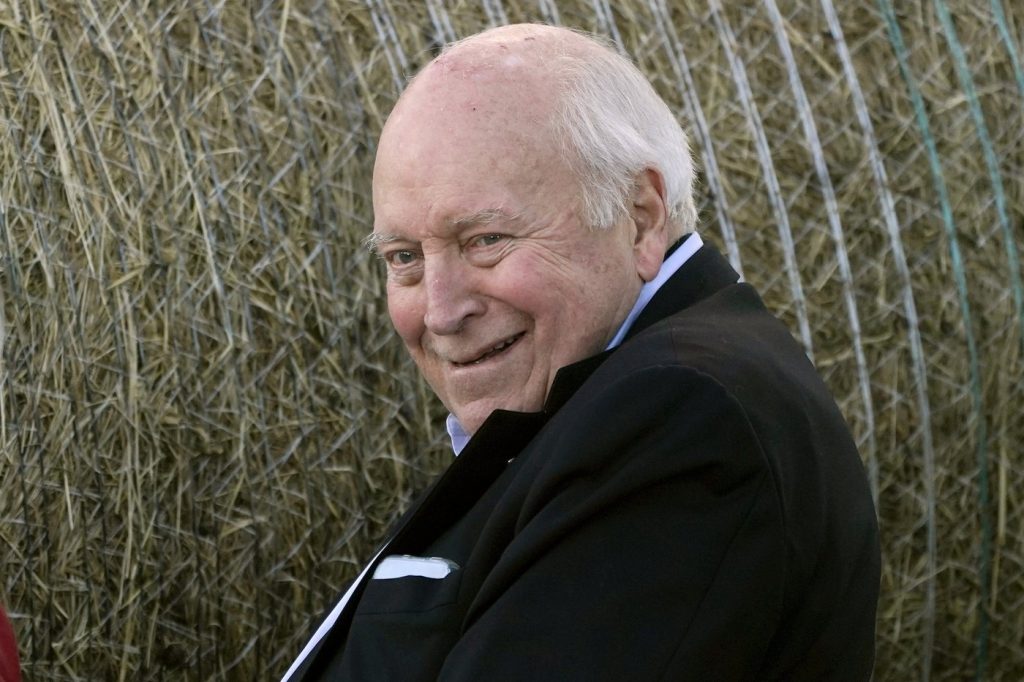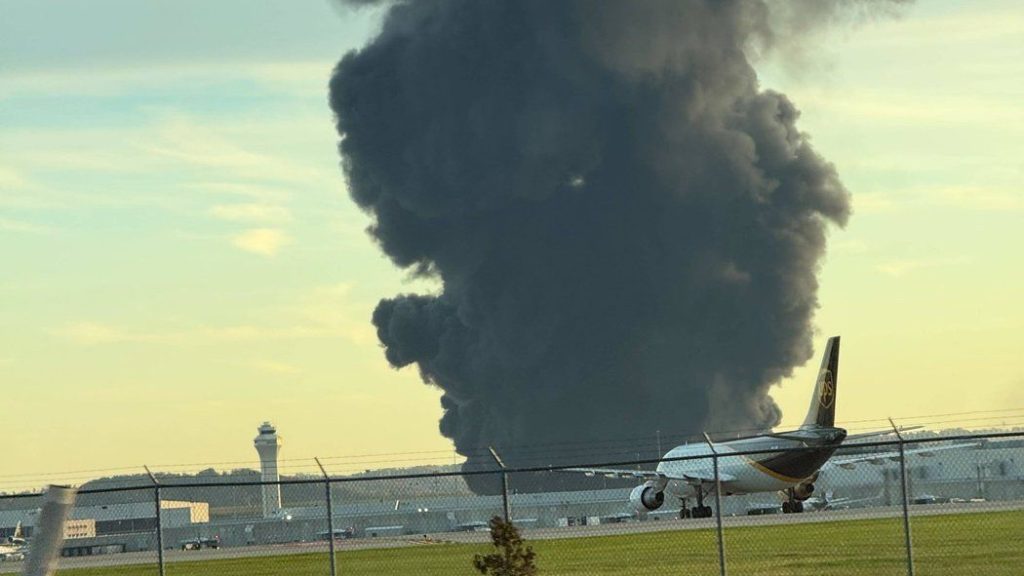Dick Cheney, the influential and often controversial vice president of the United States, passed away at the age of 84. Known for his unwavering conservative beliefs and significant role in advocating for the invasion of Iraq, Cheney served both President George H.W. Bush as Secretary of Defense during the Persian Gulf War and later, under his son, President George W. Bush, as vice president.
Cheney's tenure as vice president was marked by his powerful influence over key decisions concerning national security, particularly in the aftermath of the September 11, 2001 attacks. He was a strong proponent of enhanced surveillance and interrogation measures, often asserting that these tools were essential to combat terrorism, despite facing extensive criticism. His health was a constant struggle; he lived with heart disease for decades, ultimately receiving a heart transplant.
In later years, Cheney became increasingly prominent as a critic of former President Donald Trump, especially as his daughter, Liz Cheney, became a vocal opponent of Trump’s actions following the 2020 election. Cheney publicly denounced Trump in a television ad, labeling him as a significant threat to democracy for attempting to overturn the election results using deceit and violence.
Despite his staunch conservatism, Cheney surprised many by endorsing Kamala Harris, the Democratic candidate, in a bid against Trump ahead of the 2024 elections. His perspective on life was shaped significantly by his health struggles; he once remarked that he woke up thankful for each new day, a sentiment that contrasted with his typically formidable public persona.
Cheney was often depicted as a powerful figure behind the scenes during his vice presidency, utilizing a network of communications to influence policies on Iraq, presidential authority, and energy. His public demeanor was characterized by a half-smile, leading some critics to describe it as a smirk. Cheney himself jested about his reputation as a stealthy manipulator, reflecting on the unusual dynamics of his partnership with George W. Bush, where he functioned effectively as an operational leader without competing for the presidency.
Throughout his career, Cheney took bold stances on various military and foreign policies, particularly regarding Iraq. He consistently asserted non-existent links between Saddam Hussein and the 9/11 attacks and expected U.S. forces to be welcomed as liberators, a prediction that did not materialize. Despite the subsequent dire outcomes of the Iraq War, Cheney maintained confidence in his views, even when they were proven incorrect.
His vice presidential influence declined during Bush’s second term as political dynamics shifted. Judicial challenges increasingly checked his expansive views on presidential powers, and his hawkish positions regarding Iran and North Korea were not fully endorsed by the Bush administration. In a notable incident in 2006, Cheney accidentally shot a friend during a hunting trip, an event he described as one of the worst moments of his life, though the victim quickly forgave him and recovered.
Dick Cheney’s political journey began in 1968 when he moved to Washington as a congressional fellow, eventually rising through the ranks under key figures like Donald Rumsfeld. His career included a successful stint as Secretary of Defense before transitioning into corporate leadership at Halliburton. Cheney returned to politics in the 1990s, winning multiple terms in Congress before his role as vice president solidified his legacy.
Born on January 30, 1941, in Lincoln, Nebraska, Cheney grew up in Casper, Wyoming. He attended Yale University before transferring to the University of Wyoming, where he reconnected with his high school sweetheart, Lynne Anne Vincent, whom he married in 1964. Alongside Lynne, Cheney is survived by his daughters Liz and Mary, marking the end of an era for one of American politics' most formidable figures.












